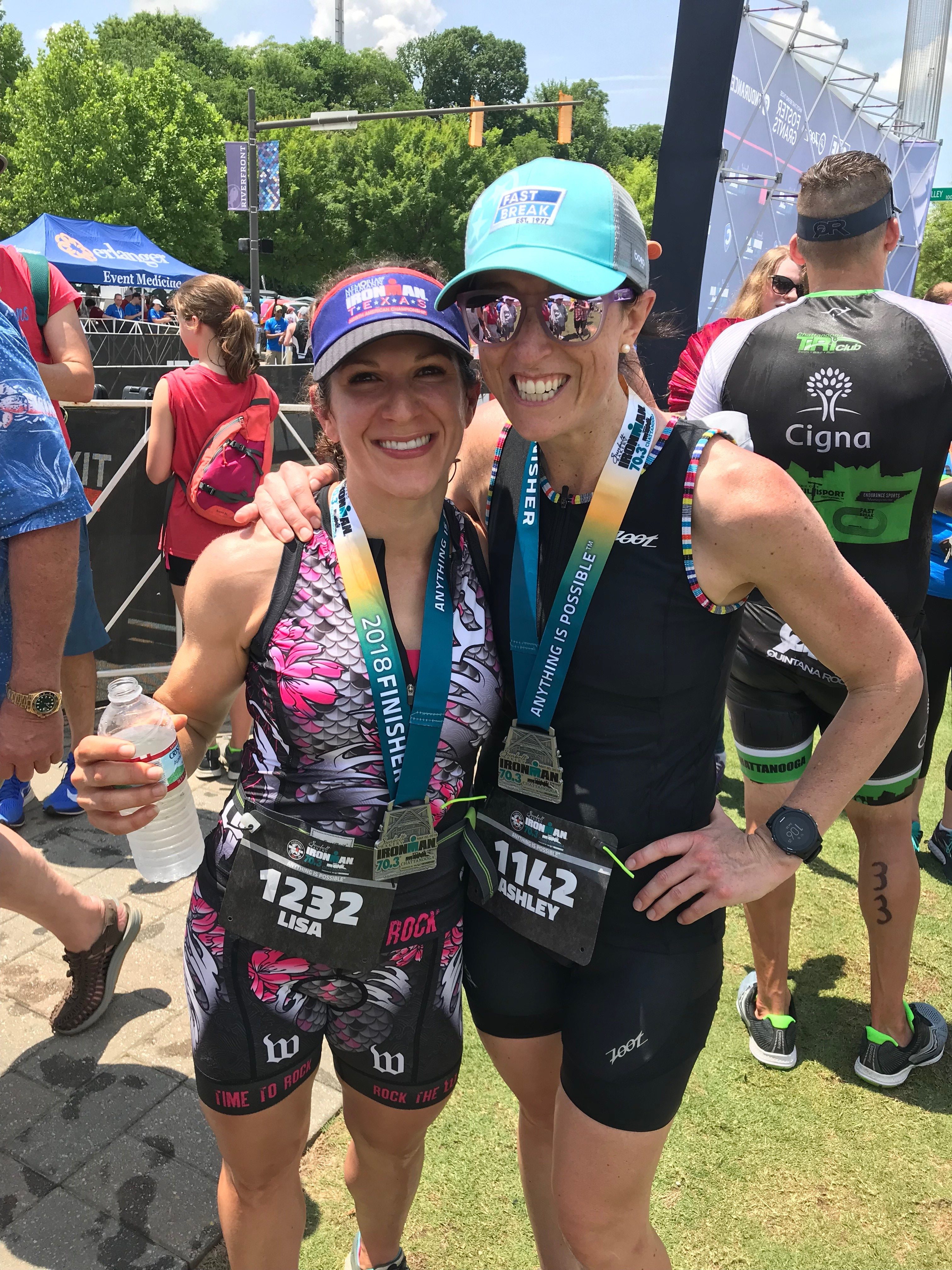
There’s nothing quite like crossing the finish line of a race for which you’ve been training for months. In our relatively civilized lives, I’m convinced it is one of the ways we get to experience the full body exhilaration of surviving a chase or a hunt that we are actually designed to endeavor. However being designed to run and endure, doesn’t mean we can do so comfortably or consistently without putting some thought into our training, hydration and nutrition strategies.
Whether you’re training for your first 5k or an Ironman, or just trying to enjoy your morning bootcamp, there are some specific nutrition strategies that can help. Over the next few blog entries, we are going to go through how to approach optimally fueling for working outs in the most manageable way possible.
The first thing to be aware of is that our bodies are incredibly adaptable, so while what you’re doing now may feel like it’s working just fine, consider whether it could be a little better. Also if you are having any issues with your energy fading before your workouts are finished or surviving the day without needing a nap by the end of it, then your nutrition is definitely due some attention. Once all of that is dialed in, you can definitely continue to press the envelope and work through strategies like actively pursuing fat adaption and training glycogen depleted, however, we have to nail the basics before we advance.
As always, our goal for your training effort is maximizing performance and supporting the retention of lean body mass.
Before you workout, generally most people do best with a light snack that will energize their workouts and prevent muscle breakdown during the workout. This is especially important if you’re working out first thing in the morning and may not be eating sufficient protein on a daily basis or if you’re working out more than three hours after your last meal. Eating carbs helps maximize glycogen stores for high-intensity exercise. Meanwhile, protein improves muscle protein synthesis and aids recovery. Fat is slower to digest than carbs or protein, so be careful not to consume much of it before a workout as it can be too heavy on your stomach if you have a hard effort ahead of you.
If you can eat 60-120 minutes before your workouts, a snack that is relatively easy to digest and consists of most complex carbs and at least 5g of protein is an ideal way to go. The closer to your workout, the simpler the meal should be. Ideas to accomplish that include:
- Greek yogurt
- A protein bar (RxBars, Oatmega, Perfect Bars are some of our favorites)
- Banana or apple and 1 tablespoon of plain nut butter
- Half a turkey sandwich or roll-up in a tortilla
- Once ounce serving of trail mix with dried fruit and nuts
- Small protein smoothie or shake (drink half before and half after your workout)
- grilled chicken and rice
That works if you’re working out midday or in the evening. If you can get up early enough to eat before you workout, it’s also an option. However what if you are one of those people who’s alarm goes off and you’re hitting the pavement 20 minutes later? Then you’re unlikely to have the time to get in much food, much less enjoy having it fresh in your stomach.
In that case, as an alternative to working out fasted, try to consume amino acids or a small dose of protein before you workout. There are a few options for doing this:
- Mixing water and small scoop of whey or pea protein
- Drinking amino acids while you get ready or taking amino acid tablets are another option
Whey proteins we like include grass-fed options like Bluebonnet or Jarrow. For vegan proteins, we also like Garden of Life.
For amino acids, research is now supporting ditching the more familiar branched chain amino acids for essential amino acids, but they are a little more expensive and harder to find. However, branched chain amino acids do still show a benefit for fasted and endurance exercise. Here are a few options for both of those as well.
- Essential Amino Acids from Kion as a powder or tablet form.
- Branched Chain Amino Acids to drink or in capsules.
Finding what works best for you will take some experimentation and may vary depending on your actual schedule and goals, but hopefully this framework will help you narrow down what could help you most. Have a perfect pre-workout snack you want to share with others? Tell us about it in the comments below!





